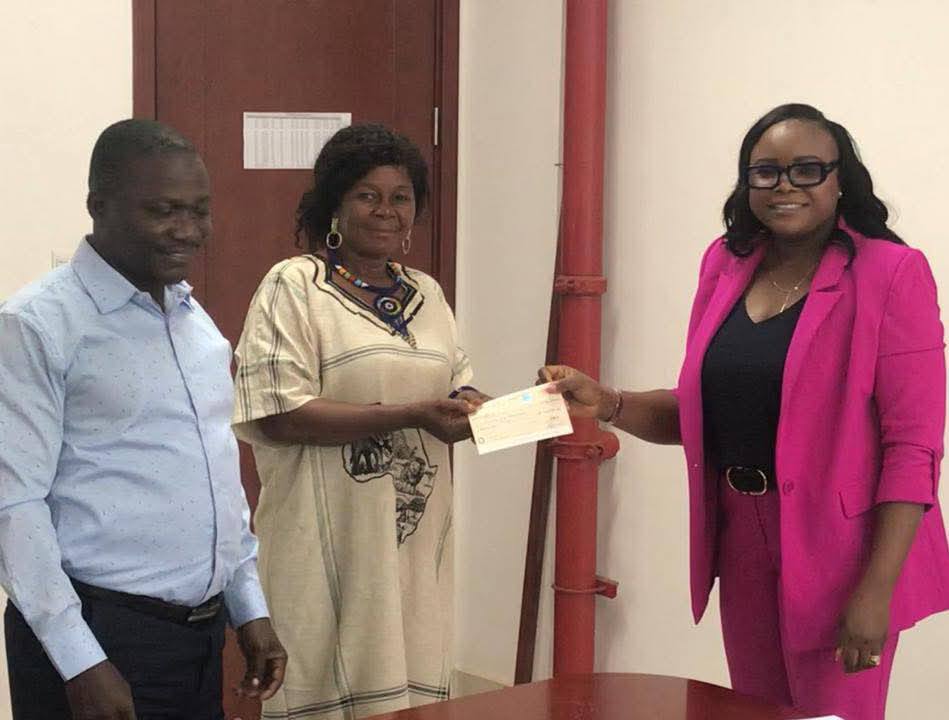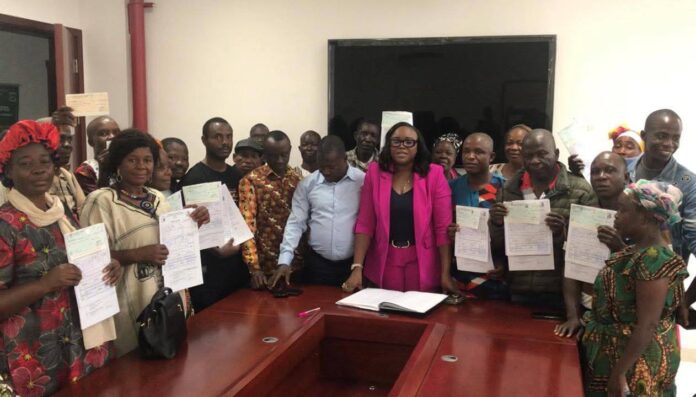MONROVIA – The Government of Liberia has officially commenced the disbursement of funds to 500 farmers across eight counties, marking the launch of a major agriculture financing effort under the Public Sector Investment Project (PSIP). The initiative, which is fully funded through the national budget, is designed to expand domestic rice production, strengthen food security, and reduce Liberia’s heavy dependence on imported staples.
For the 2025 fiscal year, $4 million has been earmarked for the agriculture component of the PSIP. The funds are intended to support the cultivation of key crops, including rice, cassava, maize, oranges, avocados, and coconuts. Of this amount, a significant share has been directed toward rice cultivation, with farmers set to receive $1,000 per hectare to develop 1,000 hectares of lowland rice fields in Bomi, Bong, Grand Bassa, Grand Cape Mount, Margibi, Lofa, Montserrado, and Nimba Counties.
According to the Ministry of Agriculture, the funding is structured to ensure both immediate support and long-term accountability. Sixty percent of the money is being disbursed upfront as direct cash support to enable farmers to clear land, prepare nurseries, and carry out initial layout activities. The remaining 40 percent is performance-based, tied to key milestones such as weeding, crop maintenance, and harvesting. This approach, officials say, is designed to guarantee that resources translate into actual farm outputs.
In addition to financial assistance, beneficiaries are receiving essential agricultural inputs, including improved seed rice varieties, fertilizers, pesticides, and other supplies to boost yields. The Ministry emphasized that this comprehensive package is meant to address the recurring challenges farmers face, from limited access to capital to inadequate farming inputs, which have long undermined productivity in the sector.

Deputy Minister for Regional Development, Research and Extension, Moses Gbayan, hailed the program as “historic,” noting that it is the first time in Liberia’s history that farmers are being compensated with direct financial transfers on such a scale. “This initiative is not only about providing cash,” he said, “but also about building the foundation for Liberia’s self-sufficiency in rice production.”
Deputy Minister for Administration, Antoinette Dukuly, echoed this sentiment while cautioning farmers against misusing the funds. “These resources are meant to transform agriculture and strengthen livelihoods. If diverted, the program will fail to deliver its intended benefits, and it is the farmers themselves who will suffer the most,” she stated.
The government has assured that strict monitoring mechanisms are in place to track disbursements and evaluate progress in the fields. Local agricultural extension officers, in collaboration with county authorities, are expected to provide oversight and technical support to ensure that farmers comply with the program guidelines.
Disbursements are scheduled to be completed by the end of this week. Once concluded, the Ministry of Agriculture says it will begin evaluating the program’s effectiveness in driving production and will use the results to determine the scale of future investments.
Officials believe the initiative could serve as a model for broader agricultural financing schemes in Liberia, particularly if the current beneficiaries demonstrate strong results. By boosting domestic production of rice and other key crops, the government hopes not only to cut down on the nation’s annual food import bill but also to create jobs, stabilize rural economies, and promote sustainable development.
“This is more than an investment in crops,” Minister Gbayan emphasized. “It is an investment in Liberia’s food security, its farmers, and its future.”



